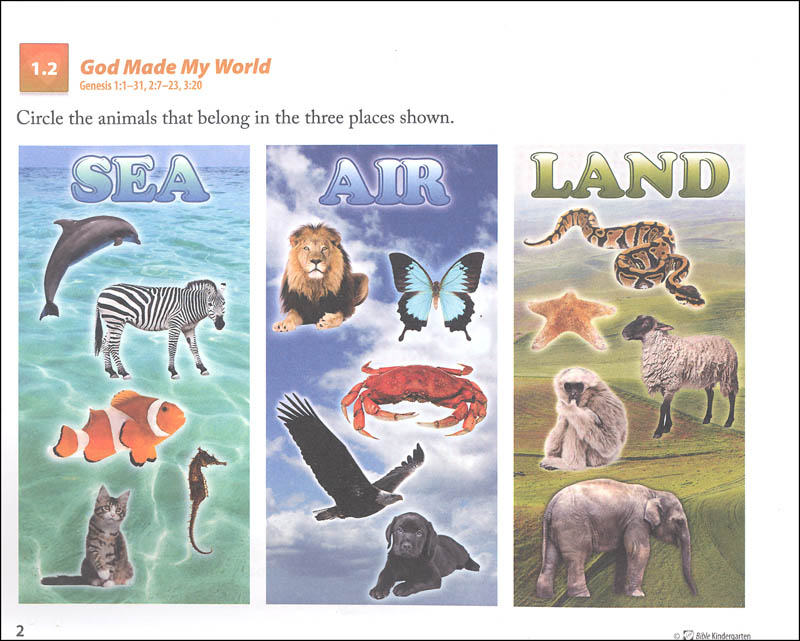

Literature is incorporated in Pre-K, Kindergarten and first grade with various books chosen by the teacher. This curriculum is a systematic, phonetic approach to reading instruction that is very comprehensive.Īt the primary level, we recognize the importance of a strong phonics-based approach to teaching reading skills that is used alongside a consistent exposure to high quality children's literature. The Ordinary Parent’s Guide to Teaching Reading is used in Kindergarten and first grade.

Primary Phonics workbooks and readers are used in Pre-K through first grade to practice sounds, teach phonograms, and apply them to reading. Like science, the lessons are designed to teach across multiple grades with age appropriate assignments. After that, a year's focus on geography, habitats, and continents prior to the history cycle rotating again. Our rotation to focus upon each year has included the usage of the following curriculum Mystery of History Volumes 1 and 2, and America the Beautiful Parts 1 and 2. In Kindergarten, we introduce our world, beginning with our homes and neighborhoods to understanding a larger concept of the universe.įirst grade through middle school are taught history from a chronological approach and family-friendly learning environment that allows for deep, concentrated learning. HISTORYĪ chronological understanding of God's plan of salvation for the world and His sovereignty throughout history provides the backdrop for a deep understanding of a Biblical world view. Seventh grade and above will bring their elementary years of studies together as they learn through Apologia’s General Science course. Science allows students to see evidence of the Word of God and the details of God.Įach year, we rotate through one of the books from the Apologia curriculum. Over the past five years students have dived into Swimming Creatures, Land Animals, Anatomy, Astronomy, and Physics & Chemistry. Science is taught from an immersion approach so that students can have an in-depth understanding of the world that God made. Hands-on experimental learning is a vital part of the science curriculum. Life sciences, earth sciences, space science, physical science, chemistry, and technology are explored systematically and variously throughout all academic levels. Science is taught as an exploration of God's creative design throughout the universe that will give students an understanding of the God-ordained order and physical laws found in the natural world. The following curriculum has been adapted from the YWAM Biblical kindergarten curriculum.Vocabulary is taught in many subjects including literature, science, and history. In sixth grade and above, Wordly Wise 3000 increases the students vocabulary study and usage. Love Provider Saviour Pure & Holy Creator Wise Servant Protector Truth Lord & King Topics connect to the God-centred Bible Curriculum Thematic resources: Science, Social Studies, Art, Thinking Skills, Biographies

#Bible kindergarten curriculum manual
Year 8 teacher’s manual Year 8 student book Year 7 teacher’s manual Year 7 student book Year 6 teacher’s manual Year 6 student book Year 5 teacher’s manual Year 5 student book Year 4 teacher’s manual Year 4 student book Year 3 teacher’s manual Year 3 student book

Year 2 teacher’s manual Year 2 student book Year 1 teacher’s manual Year 1 student book


 0 kommentar(er)
0 kommentar(er)
